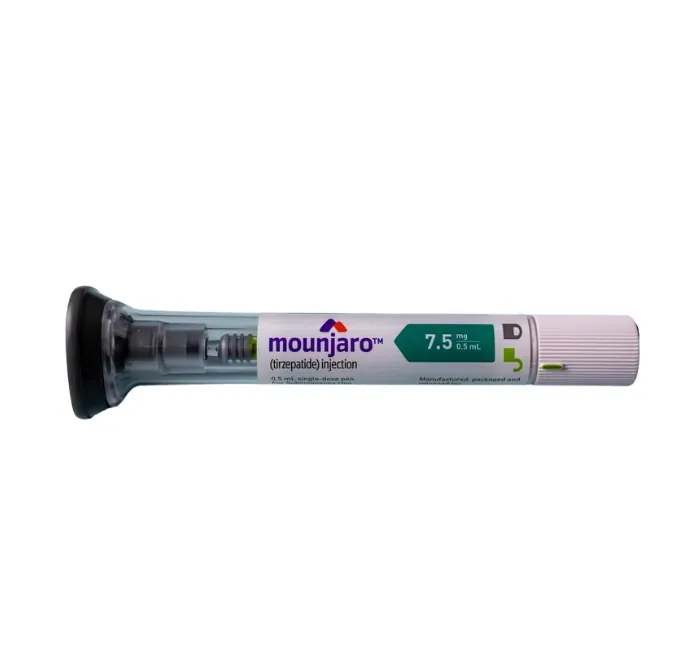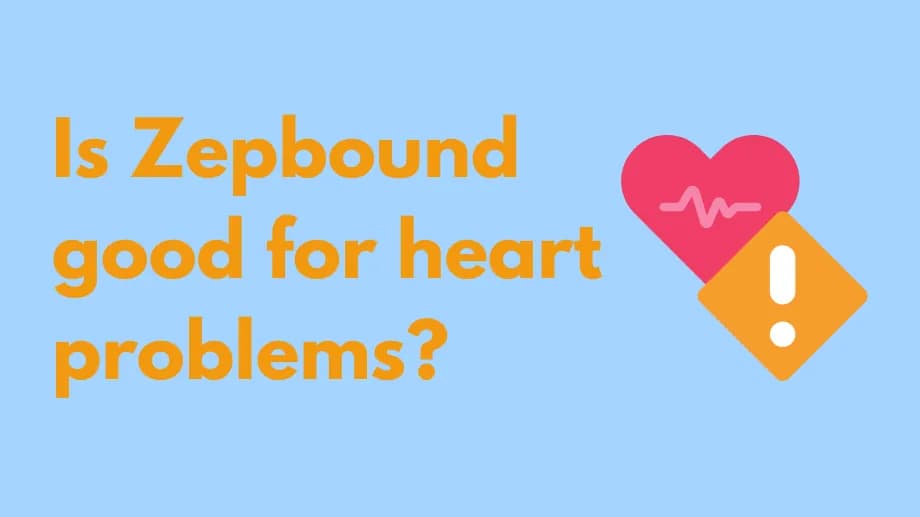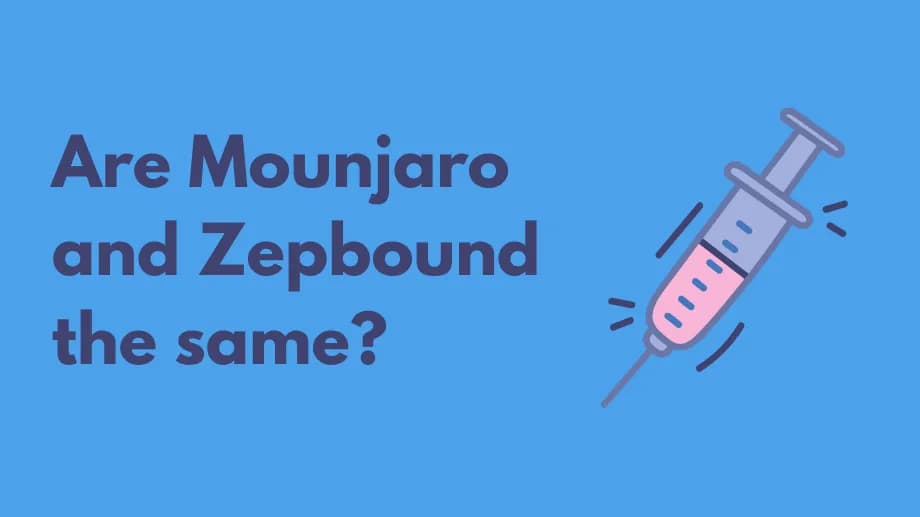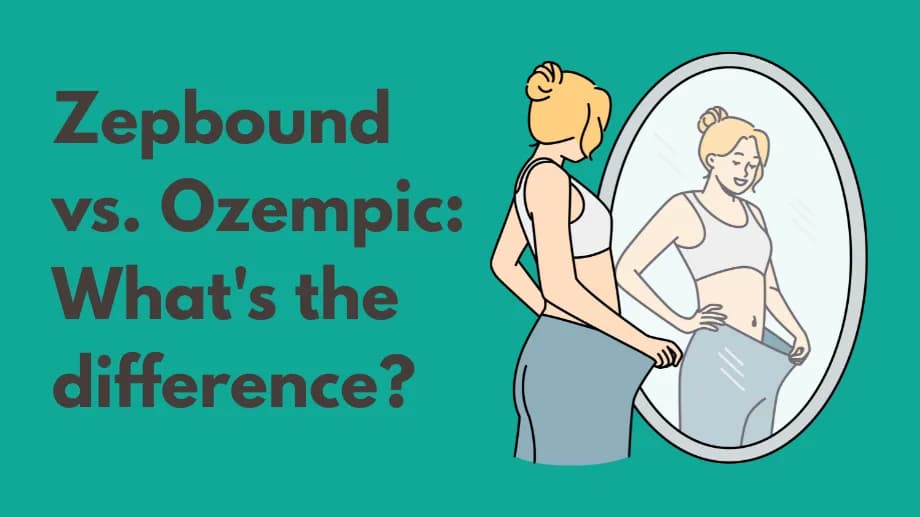Does Cigna cover Zepbound?
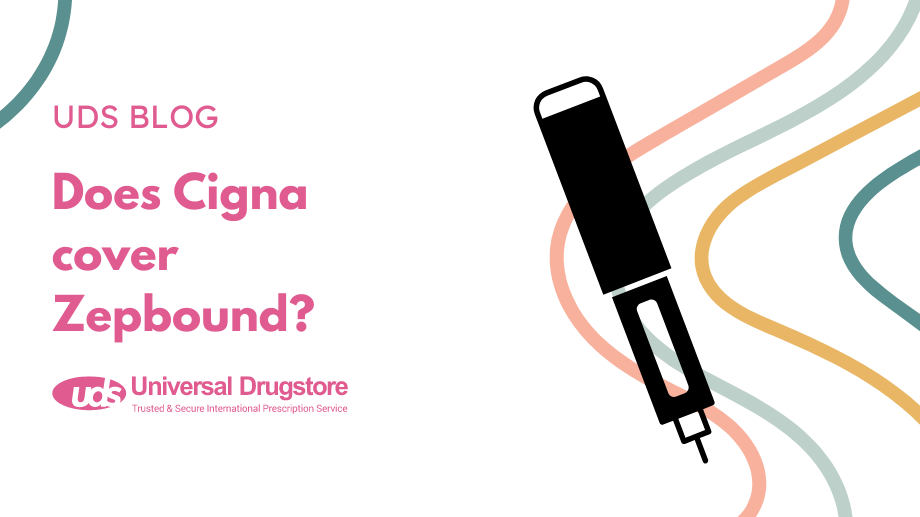
Eli Lilly introduced their new weight loss drug Zepbound (tirzepatide) back in November 2023 to rave reviews and clinical trials that showed it to be a possible game changer for those struggling with obesity.
“The availability of Zepbound in U.S. pharmacies is the first step, but we have to work hand-in-hand with employers, government, and healthcare industry partners to remove barriers and make Zepbound available to those who need it, Rhonda Pacheco, group vice president, Eli Lilly Diabetes and Obesity, U.S., said in a press release.”
Eli Lilly has since had it added to the preferred formulary of many of the top health insurance companies, including Express Scripts and Cigna Healthcare. However, all health insurance policies and health benefit plans contain exclusions and limitations. For costs and details of coverage, review your health plan documents or contact a Cigna Healthcare representative.
For those patients whose insurance covers Zepbound, there is also a Savings Card Program that can help pay some of your copays. Eligible adult patients with commercial insurance plans can pay as little as $25 for a 1- or 3-month prescription at participating pharmacies. However, you can not use this savings card if you are enrolled in any state, government, or federal-funded healthcare program, including, Medicare, Medicare Part D, Medicare Advantage, Medicaid, Medigap, Department of Defense, TRICARE/CHAMPUS, VA, or any state prescription drug assistance program. You can save up to a maximum of up to $150 per 1-month prescription, $300 per 2-month prescription, or $450 per 3-month prescription of Zepbound with a maximum annual savings of up to $1,800 per calendar year.
For those whose insurance does not cover Zepbound, you may pay as low as $550 for a one-month prescription, or about half the drug’s list price. With this option, you can save up to a maximum of $563 off your 1-month supply of Zepbound with a maximum annual savings of up to $7,319 per calendar year. For more information on eligibility requirements, you can call 1-800-LillyRx ( 1-800-545-5979 ) or visit www.zepbound.lilly.com.
Zepbound FAQs
What is Zepbound used for?
Zepbound (tirzepatide) is a glucagon-like peptide-1 (GLP-1) and glucose-dependent insulinotropic polypeptide (GIP) receptor agonist that is FDA-approved along with increased physical activity and a reduced-calorie diet for chronic weight management in adults with a starting body mass index (BMI) of:
- 30 kg/m^2 or higher (obesity) or
- 27 kg/m^2 or higher (overweight) with at least one weight-related condition such as high cholesterol, high blood pressure (hypertension), type 2 diabetes, heart disease, or obstructive sleep apnea.
How does Zepbound work?
The active ingredient in Zepbound is tirzepatide, a GIP and GLP-1 receptor agonist. Zepbound works by acting like GLP-1 and GIP, 2 hormones released in your gut that are involved in the regulation of blood sugar and appetite. GLP-1 and GIP target areas in your brain to help decrease appetite and slow down digestion to help you feel full faster and longer. This can help you eat less and is what makes Zepbound an effective weight loss medication. They also stimulate your pancreas to release insulin, which reduces your blood sugar levels.
What are the side effects of Zepbound?
The most common side effects of Zepbound in clinical trials when compared to placebo include:
- Nausea
- Diarrhea
- Vomiting
- Indigestion
- Constipation
Some other possible side effects of Zepbound include:
- Burping
- Fatigue
- Stomach pain
- Hair loss
- Injection site reactions
- Dizziness
Shop Medications
Zepbound may also cause more serious side effects including:
- Serious allergic reactions, including:
- Hives
- Swelling of your throat and tongue
- Trouble breathing
- Increased risk of thyroid cancer or thyroid tumors.
- Pancreatitis (inflammation of your pancreas).
- Kidney damage including kidney failure.
- Gallbladder problems including gallstones.
- Hypoglycemia (dangerously low blood sugar).
- Vision changes in people with type 2 diabetes (diabetic retinopathy).
- Worsening depression or suicidal thoughts.
Disclaimer: These are not all of the possible adverse events of Zepbound. You should always seek medical advice from a healthcare professional for any questions or concerns about your medical condition or treatment. You should also read all the patient information, including your Medication Guide that comes with Zepbound. You can report side effects to the FDA at 1-800-FDA-1088 or www.fda.gov/medwatch.
Are there Boxed Warnings with Zepbound?
The Food and Drug Administration (FDA) recommends people who have a personal or family history of medullary thyroid cancer (MTC) should not use Zepbound along with people with Multiple Endocrine Neoplasia syndrome type 2 (MEN 2). You should also avoid this medication if you are allergic to tirzepatide or any inactive ingredient in this product.
What precautions are there with Zepbound?
You should be sure your healthcare provider is aware of all your medical problems as they may be contraindications or you may need increased monitoring during treatment, including if you:
- Currently have or have a history of kidney or pancreas problems.
- Have severe stomach problems such as slowed emptying of your stomach (gastroparesis) or problems with digesting food.
- Currently have or have a history of diabetic retinopathy.
- Are pregnant or plan on becoming pregnant.
- Are breastfeeding or plan on breastfeeding.
Oral birth control pills may not work as well if you take Zepbound. You will need to use another type of birth control for 4 weeks after starting this medication and for 4 weeks after each increase in your dose of Zepbound. Talk to your healthcare provider about which alternative birth control methods may be right for you.
What drug interactions are there with Zepbound?
When Zepbound is taken with other prescription drugs, over-the-counter medications, vitamins, herbal products, and supplements, it may change how they work or increase the risk of side effects. Be sure to tell your healthcare provider about all your current medications, including:
- Other medications that can lower your blood sugar such as insulin.
- Oral medications, since Zepbound slows down digestion and can change how much these medications are absorbed.
What should you do if you get a Mounjaro or Zepbound health insurance denial?
If your insurance has denied a prescription, your prescribing doctor may be able to reach out to ask why and appeal the decision. Many insurers require prior authorization for medications they don’t currently cover, meaning your doctor submits a letter explaining why you need this medicine. Be sure to show your doctor any insurance denial letters so their office does not request the drug for any reason it was already denied.
Related Medications
- Mounjaro (tirzepatide)
- Wegovy (semaglutide)
- Ozempic (semaglutide)
- Rybelsus (semaglutide)
- Trulicity (dulaglutide)
- Victoza (liraglutide)
- Saxenda (liraglutide)
